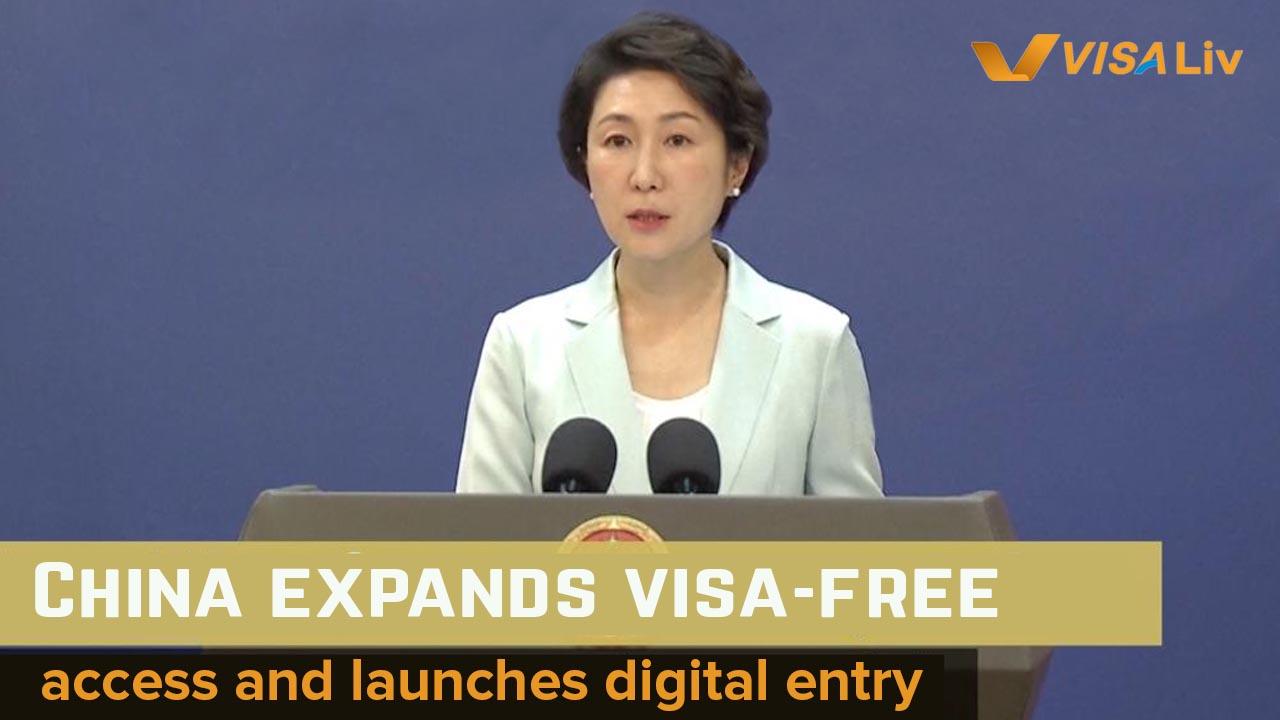
China expands visa-free access and launches digital entry
China has announced a series of new visa-free and digital immigration measures aimed at enhancing international travel, talent mobility, and cross-border cooperation. The reforms, introduced by the National Immigration Administration (NIA), will take effect from November 20, 2025.
Under the new policy, professionals in fields such as science, education, healthcare, law, and culture will be eligible for multiple-entry endorsements valid for one to five years, allowing stays of up to 30 days per visit. These endorsements will apply in regions such as Beijing-Tianjin-Hebei, the Yangtze River Delta, and China’s free trade zones.
In the Shenzhen-Hong Kong Science and Technology Innovation Cooperation Zone, eligible individuals will receive three-year multiple-entry endorsements and benefit from streamlined customs and research-material clearance procedures.
The reforms also aim to simplify procedures for residents of Mainland China, Hong Kong, Macau, and Taiwan, including easier document renewals and an expanded number of entry ports for Taiwan residents.
China is also rolling out advanced digital border management systems, including facial-recognition immigration checkpoints, online travel document renewals in 50 cities, and extended 24-hour and 240-hour visa-free transit options across key airports and ports.
Officials say the new initiatives are designed to boost international exchanges, attract high-skilled talent, and facilitate research and business collaboration with foreign professionals.
Experts believe these reforms mark a major step in China’s ongoing effort to make travel and work in the country more efficient, transparent, and globally competitive.